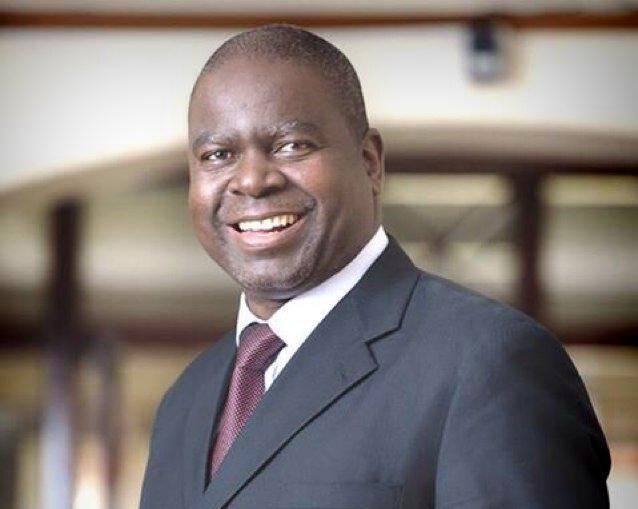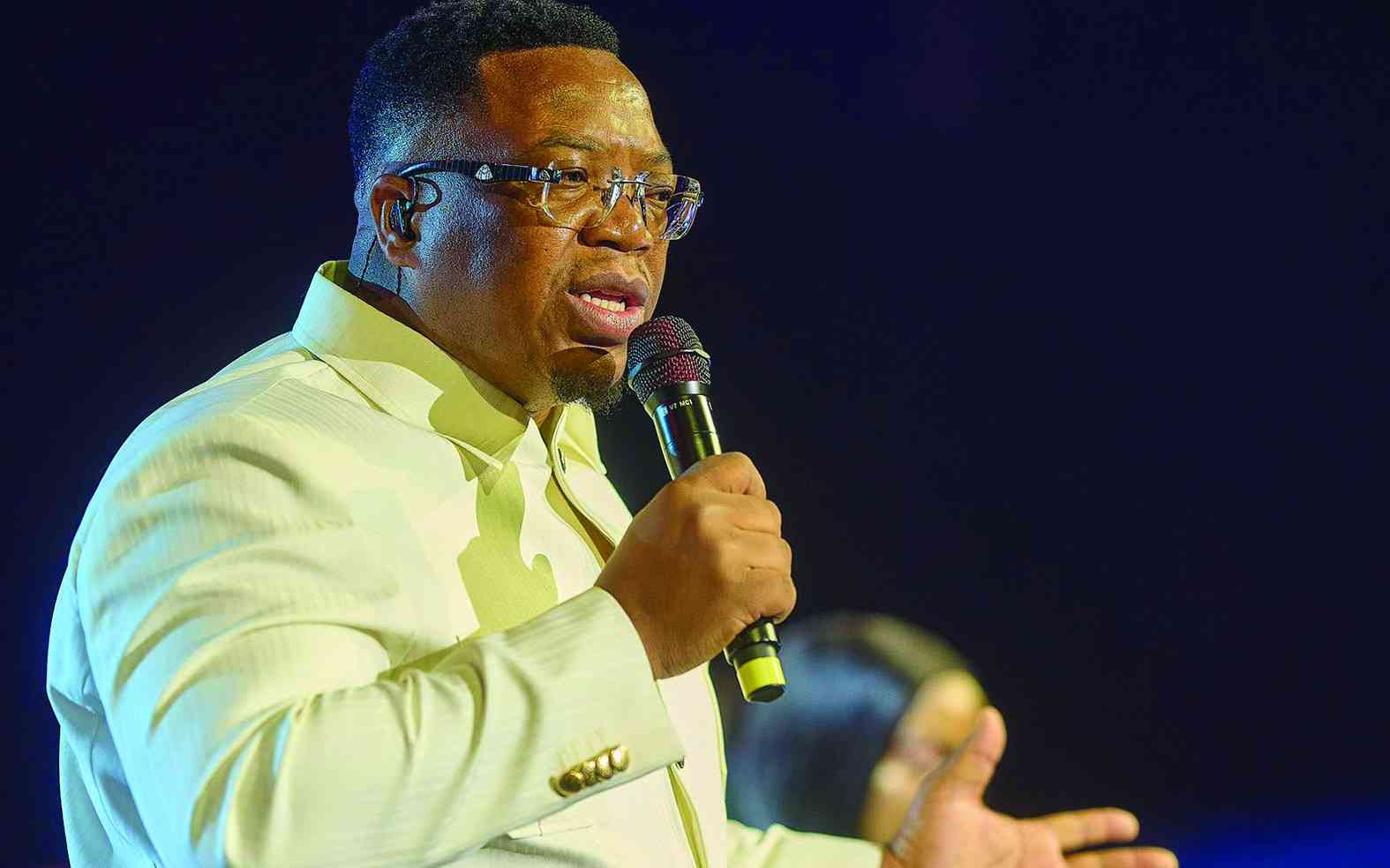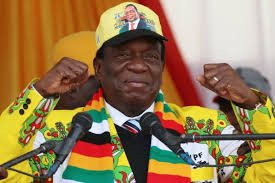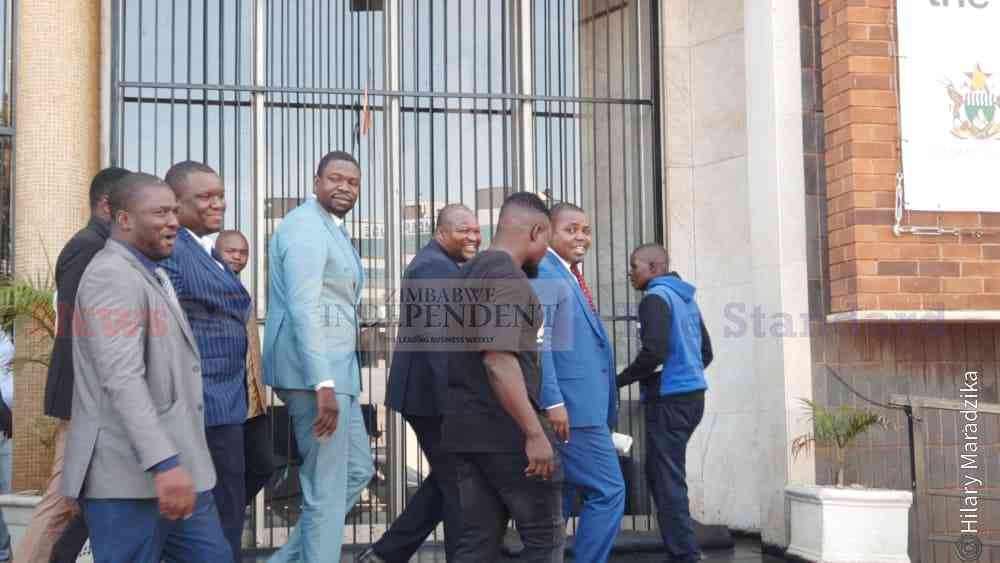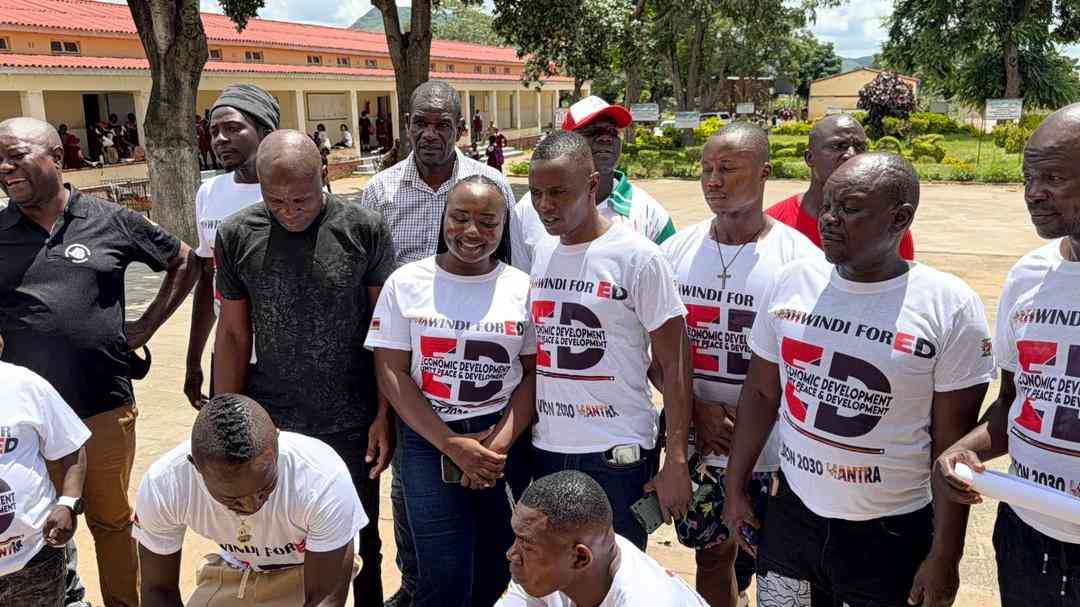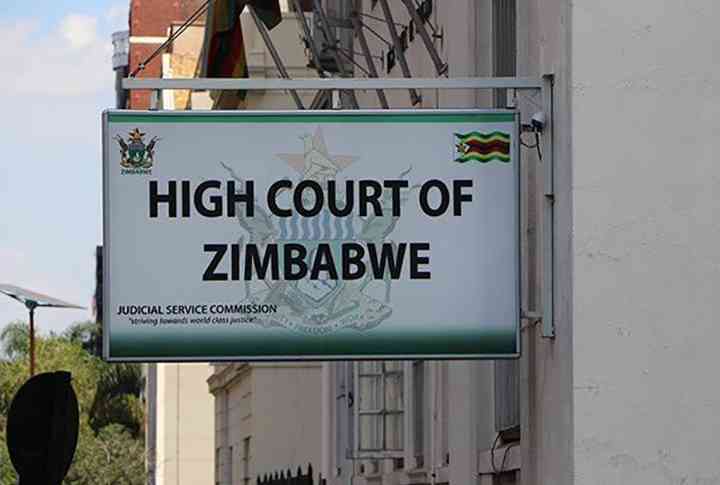
THE High Court has blocked two families from registering two adopted children into their names on acquiring birth certificates saying it is a constitutional matter.
Taonga Edson Masendeke and his wife Fortune, and Stephano Gudukeya and wife Loice had approached the High Court seeking to have the adopted children registered into their names after the Registrar-General had endorsed on parents or guardians slots as unknown.
The families had sued the Registrar-General, the minister of Home Affairs and Cultural Heritage and minister of Public Service Labour and Social Welfare.
They wanted the Registrar-General and Home Affairs minister to be compelled to issue the children with long abridged birth certificates, including their details as adoptive parents.
According to the court documents, after the applicants adopted the minor children, they obtained adoption orders from the Children’s Court.
However, the applicants’ contention was the endorsement of the words, “unknown” on their children’s birth certificates.
They argued that they were shocked to discover that they had been issued with birth certificates which only had information about the children and stated their parents as “unknown”.
They said after consultation with the Public Service minister, they were informed that the birth certificates could not reflect their names as they were not the biological parents of the children.
- Professor Bhebe burial set for Saturday
- Zim census figures ‘questionable’
- ED to commission Masvingo shrine
- Government declares Harare Kopje National Monument
Keep Reading
The families approached the High Court alleging that there was violation of their constitutional rights.
They submitted that the effect of the adoption order was to render them the children’s legal parents.
They challenged the use of different laws to issue birth certificates to children who are born to their natural parents and those who are adopted.
The applicants contended that this exclusion was not in line with section 64 of the Children’s Act, which outlined the rights and obligations that accrue to an adoptive parent, in the case where a person obtains an adoption order.
They maintained that the conduct of the Registrar of Births and Deaths, in refusing to display the adoptive parents’ details on adopted children’s birth certificates, infringed upon their constitutional rights as enshrined in sections 51, 56(1), 81(1)(a) of the Constitution.
The families also argued that the Registrar-General violated the right to equality and is discriminatory to adoptive parents and their children when compared to how other parents and children are treated.
They further argued that some institutions do not accept the short birth certificate, prejudicing the children.
However, the respondents submitted that the rights of children to an identity were not violated as the children had registered birth certificates.
They also argued that the issuance of the short birth certificates was a protective measure which should not be construed as discriminating the children as this was done in the best interests of the children and that the practice was in compliance with the law.
They further argued that adopted children may desire to know more and explore their origins and background.
In analysing the matter, High Court Judge President Justice Mary Zimba-Dube said a court dealing with a constitutional challenge should approach the matter with caution.
“The court must be satisfied that the matter before it is a constitutional matter, which can only be resolved by interpreting the constitutional provisions relied on.
“Consequently, a litigant bringing a constitutional challenge must show that all domestic remedies available to him have been exhausted before he elects to bring a constitutional challenge,” she said.
Justice Zimba-Dube said the applicants have prematurely approached the court for constitutional relief saying consequently, the application was improperly before her court.
“As regards the costs of this application, it having raised constitutional issues, I see no basis for making an order for costs and accordingly, the application be and is hereby dismissed,” the judge ruled.

